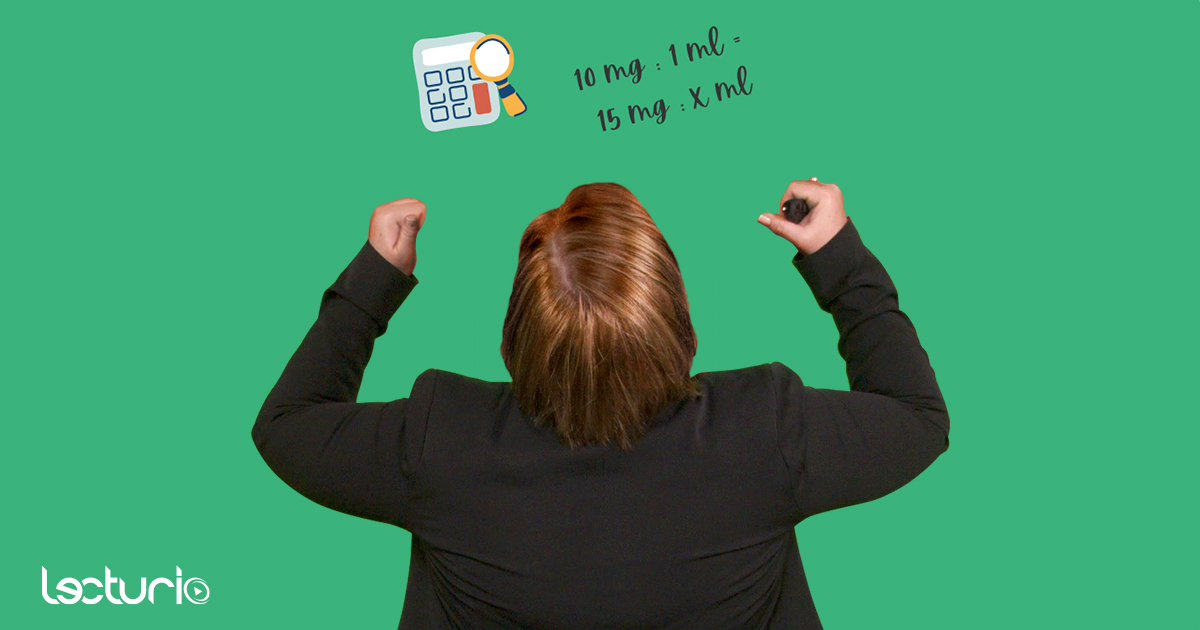Are learning modalities an entirely new concept for you? This approach to “learning how to learn” can help you make the most of your study time to be more efficient, absorb more information, and stop waking up face first in your textbook!
Learning modalities offer various learning methods to help students figure out which approach to studying works best for them. This post breaks down everything you need to know about learning modalities, how they can improve your studying (and test scores), and how to find out which one works best for you.
What Is a Learning Modality – And Why Do They Matter?
Most readers are likely already wondering: what are learning modalities? This term simply refers to the theory that everyone learns a little bit differently and the best way to absorb new information varies from person to person. Learning modalities are an important concept to understand – especially as a nursing student – because they can help you make the most of your study time and class time.
Knowing how you learn best helps you to actually benefit from the time you spend going over your notes, rather than feeling like you’re forcing yourself to learn and getting nowhere. Once you know which learning modalities work best for you, you can really cater to those needs when you’re in class or studying. You’ll spend less time preparing to study and more time actually studying since you’ll know which methods work best for you.
What Are the Various Learning Modalities?
The four main learning modalities are as follows:
- Visual: Watching videos or looking at diagrams
- Auditory: Listening to lectures or having information read to you
- Reading/writing: Taking notes and rereading the information
- Kinesthetic: Physically doing something
It was once believed that everyone had one dominant learning modality at birth, however this has recently been proven false. Regardless, learning modalities are still a useful concept because they offer different study approaches that can help keep your coursework exciting and interesting. Using a mix of various learning modalities throughout studying and lectures helps to keep the mind engaged while you process new information.
The Main Learning Modalities Explained
There are four main learning modalities: visual, auditory, reading/writing, and kinesthetic. Below, I share a deeper dive into the characteristics of each learning modality and some examples.
Visual learning
Visual learning involves the use of visual aids for processing information. Think videos, color coded notes, illustrations, and diagrams.
Auditory learning
Auditory learning utilizes listening to help acquire new information. Learning modalities that are considered auditory include listening to lectures or even making up a rhyme to remember vital information.
Reading/writing learning
The learning modality of reading and writing utilizes note writing and re-reading information as a method for learning.
Kinesthetic learning
Kinesthetic learning involves physical movement while thinking. Sometimes, understanding a complicated concept works best when the body is in motion.
How to Figure Out Which Learning Modality Works Best for You
One of the best ways to figure out which type of learning works for you is to simply try various methods and see what works! Try to pay attention to when your studying feels effective and when it doesn’t and identify what factors have made you successful. This can help you see if there were specific study methods that helped or ones that weren’t particularly helpful.
Most people are actually multimodal learners, meaning that more than one method of learning works well for them. This means you’ll want to use a variety of methods to approach your studying to help you really retain the information.
Also, because nursing school covers such a vast body of information, different learning modalities will work well for different nursing classes. For example, understanding clinical skills will almost always be a kinesthetic skill since you’ll have to physically act it out to learn it; anatomical structures of the human body are typically learned in a visual way; and remembering medication dosages can be learned by writing them down or saying them aloud.
Related videos
What is Multimodal Learning?
Multimodal learning involves engaging the mind by utilizing multiple learning modalities. For example, you may learn best when you listen to a lecture then spend time writing it out, combining the auditory and reading/writing learning modalities.
Because every student learns differently and most students learn well when using a variety of methods, your professors will likely utilize multimodal learning in their lectures. Next time you’re poring over your lecture notes, try using a variety of methods to approach studying, rather than just sticking to what you’ve always done – especially if your go-to study method hasn’t been working well for you lately.
This is why Lecturio is such a valuable resource for nursing students – the course content is designed around the notion that not every class is created equal, nor is every student. The training courses at Lecturio are designed with multiple learning modalities in mind to create a holistic and engaging learning experience.
Applying Learning Modalities to Nursing School: Examples
When it comes to applying learning modalities to nursing school specifically, here are some examples for each learning type.
- To enhance visual learning skills, try to find some instructional videos to help guide your learning. Look up videos of people explaining whatever nursing concepts you’re studying, such as pharmacology or health assessments. Videos with animations and diagrams will be especially helpful. Search for videos of other nurses performing nursing skills, such as administering medications and assessing patients, to help you visualize what needs to be done.
- When applying auditory learning skills to nursing school, try recording your lectures and listening to them later. You could also record yourself reading over notes or important information, such as safety considerations for specific medications, then listen to them again later on. Mnemonics and acronyms are a helpful auditory learning method as well. This video teaches a helpful mnemonic for remembering different insulin types and their onset and duration. You can also engage in your lectures by asking questions and bringing up discussions with your professors and colleagues. Participating in a study group helps with auditory learning a lot, since it offers the opportunity to discuss course material and re-teach the information to others.
- Reading and writing skills can be enhanced through rewriting your lecture notes and writing out important parts of your textbook readings. Check the key points at the beginning or end of the textbook chapter and write out that information because it provides more of a summary. You may also benefit from translating notes into other forms, such as creating a chart or table with your notes. Summarizing handouts and notes and writing out questions can also help.
- Kinesthetic learning comes in handy when honing your clinical skills. Try physically acting out nursing skills, like administering medications, hooking up IVs, and assessing patients. Kinesthetic learning can also be utilized by moving your body while you study – take stretch breaks and try standing at your desk for a bit, rather than sitting in the same position the whole time. Consider real-life examples of course content and mentally “walk” yourself through it.
My Experience Using Learning Modalities in Nursing School
Full disclosure: I didn’t really understand the concept of learning modalities when I was in nursing school and I definitely think it could have helped me. In hindsight, it’s hard to say what learning style might have worked best for me.
I definitely think a combination of the various modalities would have helped me, since I usually found instructional videos helpful but also enjoyed talking through my notes with a classmate.
Ultimately, I can attest to the fact that people probably don’t have just one set learning style because I often found myself trying new learning methods each time one method started to get boring. For example, if I was getting tired of reading textbook chapters, I’d write out some notes and draw up a chart with the important information. Or if I started to space out during an informational video, I’d switch back to reviewing my lecture notes. It really is just a matter of trying different methods and figuring out what works.
The Takeaways
It was previously thought that everyone was born with one dominant learning style, although modern science says this may not be true. Either way, learning modalities provide a useful way to spice up your studying and to help keep you from falling asleep during study sessions. If your study sessions just don’t seem to be working out, you may just need to try a different approach. Try alternating learning modalities to keep things interesting.





